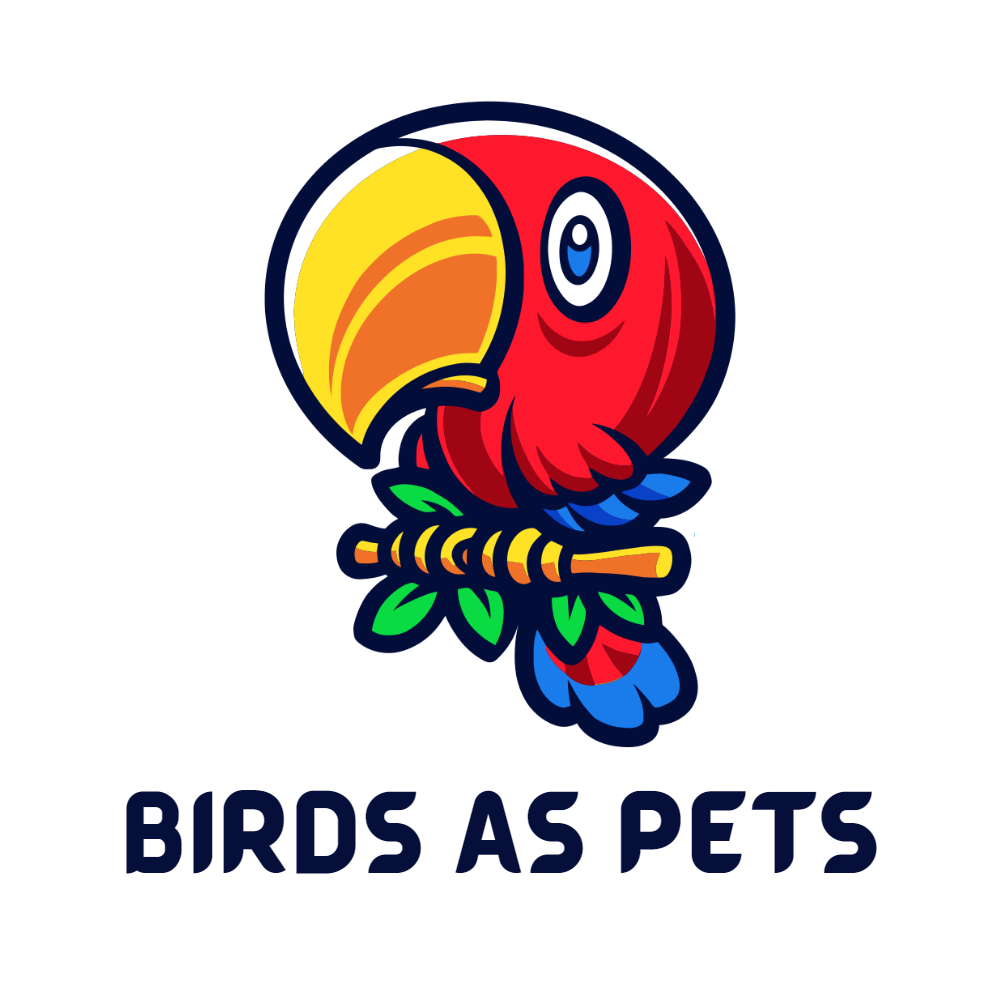If you’re considering adding a conure to your family, you’re making a great choice! These beautiful and intelligent birds make wonderful pets for the right person. In this article, you’ll learn all about conures, where they come from, their lifespan, and how to care for them. Let’s dive in!
Quick Reference Table: Conure Facts
| Fact | Description |
|---|---|
| Size | 9-20 inches (23-51 cm) depending on the species |
| Weight | 2.5-5 ounces (70-140 grams) depending on the species |
| Lifespan | 15-30 years depending on the species and care |
| Origin | Central and South America |
| Colors | Various colors such as green, blue, yellow, and orange |
| Noise Level | Moderate to loud |
Where Do Wild Conures Live?
Conures are native to Central and South America. They can be found in various habitats, including rainforests, savannas, and woodlands. In the wild, they live in flocks and are highly social animals.
Conure Lifespan: How Long Do They Live as Pets?
Conures have a lifespan of 15-30 years, depending on the species and the quality of care they receive. As a pet owner, you should be prepared for a long-term commitment when adopting a conure. Proper nutrition, exercise, and regular vet visits will help ensure your bird lives a long and healthy life.
Are Conures Good Pets?
Conures can make excellent pets for the right person. They are intelligent, social, and affectionate birds that enjoy forming bonds with their human companions. They are also playful, curious, and can learn to mimic sounds and perform tricks. However, they can be noisy and require a lot of attention, so they may not be the best choice for everyone.
Are Conures as Pets Good for Beginners?
While some conure species are better suited for experienced bird owners, there are others that can make good pets for beginners. Green-cheeked conures, for example, are smaller, quieter, and more manageable than some other species. It’s essential to do your research and choose a species that fits your experience level and lifestyle.
Are Conures Easy to Care For?
Conures require a moderate level of care. They need a spacious cage, a balanced diet, social interaction, and regular exercise outside of their cage. While they may not be as low-maintenance as some other pets, with proper care and attention, they can thrive in a home environment.
Conure Pros and Cons
| Pros | Cons |
|---|---|
| Intelligent and playful | Can be noisy |
| Affectionate and social | Require a lot of attention |
| Can learn tricks and mimic sounds | Not all species are suitable for beginners |
| Beautiful and colorful | Long lifespan requires a long-term commitment |
Conure Price and Costs
The price of a conure can range from $100 to $500, depending on the species, age, and where you buy it. In addition to the initial purchase price, you’ll need to budget for a cage, toys, food, and vet visits. Ongoing costs include food, treats, and occasional replacement of toys and cage accessories.
Where to Buy Conures
Conures can be purchased from pet stores, breeders, or bird rescue organizations. When selecting a bird, make sure to do yourresearch and choose a reputable source. It’s important to ensure that the bird has been raised in a healthy and ethical environment.
Caring for Conures
Conure Food
A balanced diet is essential for your conure’s health. Their diet should consist of high-quality pellets, fresh fruits, vegetables, and a limited amount of seeds and nuts. Make sure to provide clean water for your conure daily and avoid feeding them avocado, chocolate, or foods high in sugar or salt, as these can be toxic to birds.
Health and Common Issues
Conures are generally healthy birds, but they can suffer from various health issues, such as feather plucking, respiratory infections, and gastrointestinal problems. Regular vet visits and a proper diet can help prevent many health problems, but it’s essential to be aware of the signs of illness in your bird.
Signs of Healthy Conures
| Healthy Conure | Sick Conure |
|---|---|
| Bright and clear eyes | Swollen or cloudy eyes |
| Smooth and well-groomed feathers | Ruffled, plucked, or missing feathers |
| Active and alert | Lethargic or unresponsive |
| Normal droppings | Abnormal droppings (e.g., diarrhea, excessive urates) |
| No signs of difficulty breathing | Wheezing, sneezing, or discharge from nostrils |
If you notice any signs of illness in your conure, it’s essential to consult a veterinarian specializing in avian medicine as soon as possible.
Conure Pet Insurance
Investing in pet insurance for your conure can help cover the costs of unexpected veterinary expenses. There are a few pet insurance companies that offer coverage for exotic pets, including birds. When selecting an insurance plan, make sure to choose one that covers routine check-ups, emergency care, and any potential health issues specific to conures.
Personality and Behavior
Conures are known for their playful, curious, and affectionate personalities. They enjoy exploring their environment, playing with toys, and interacting with their human family members. Although they can be mischievous at times, their charming personalities make them delightful pets for those willing to invest time and energy into their care.
Are Conures Social?
Conures are highly social animals and thrive on interaction with their human companions. They form strong bonds with their owners and often enjoy cuddling, playing, and even riding on shoulders. It’s essential to spend quality time with your conure each day to maintain a strong and healthy bond.
Speech and Noise of Conures
Conures are known for their vocalizations, which can range from moderate to loud, depending on the species. Some conures can learn to mimic human speech, although they may not be as proficient as other parrot species like the African grey or Amazon parrot. However, they can still learn to say a few words and phrases and pick up household sounds and noises.
Similar Species to Conures
There are several species of parrots that are similar to conures in appearance and behavior. Some of these species include the Quaker parrot, the caique, and the smaller species of macaws. While each species has its unique characteristics, they all share certain similarities, such as colorful plumage and playful personalities.
Can Conures Live With Other Pets and Birds?
Conures can generally coexist with other birds, especially if they are introduced at a young age and have similar temperaments. However, it’s crucial to monitor their interactions, as conures can be territorial or aggressive towards other birds. When it comes to other pets, such as dogs or cats, close supervision is necessary to ensure the safety of your conure.
Are Conures Legal to Have as Pets?
In most countries, including the United States, it is legal to keep conures as pets. However, some states or localities may have specific regulations or restrictions on owning exotic pets. It’s essential to research the laws in your area before acquiring a conure to ensure you are in compliance with local regulations.
Additional Resources
- Conure: Your Happy Healthy Pet – Julie Rach Mancini
- Conure Forum
- Conure Owners Facebook Group
- Scientific Article on Conure Conservation
FAQ for Conures as Pets
Do Conures talk?
Some conures can learn to mimic human speech, although they may not be as proficient as other parrot species. They can still learn to say a few words and phrases and imitate household sounds and noises.
Are Conures suitable for families with young kids?
Conures can be suitable for families with young kids, provided that the children are taught how to interact with the bird gently and respectfully. Adult supervision is necessary to ensure the safety of both the child and the conure.
Can Conures be trained?
Yes, conures are intelligent animals and can be trained to perform tricks and behaviors. Positive reinforcement training methods, such as clicker training, are most effective for teaching conures new skills.
How do I know what gender Conures are?
Sexing conures can be difficult, as most species do not have visible differences between males and females. The most accurate way to determine the gender of a conure is through DNA testing or surgical sexing performed by an avian veterinarian.
What kind of cage do Conures need?
Conures require a spacious cage that allows them to spread their wings and move about comfortably.The cage should have horizontal bars for climbing and be equipped with perches, toys, and a variety of food and water dishes. The cage should be placed in a well-lit area, away from drafts and direct sunlight, to provide a safe and comfortable environment for your conure.

